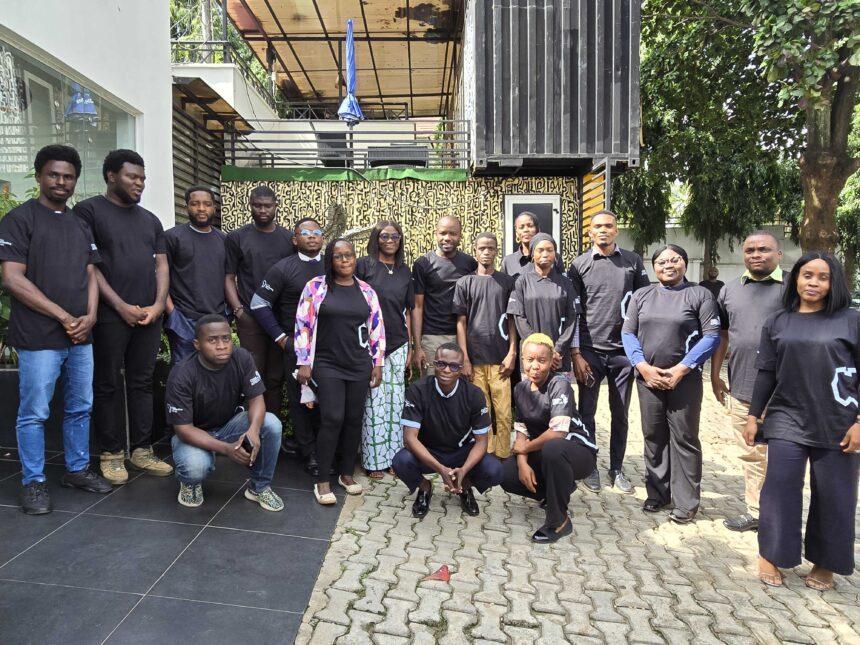In response to the increasing number of cyber attacks and internet frauds, journalists in Abuja have received essential training to navigate these digital threats effectively.
Not less than 21 journalists from various newsrooms were equipped with vital skills and tools to maintain their safety while performing their duties. The training was organised by Code for Africa.
Joseph Dokhare, Program Assistant and Data Analyst at Code for Africa, highlighted the significant shift from traditional industries to an information technology-driven economy, marking the digital age that began in the mid-20th century. Dokhare emphasized that journalists and news outlets have become prime targets for digital attacks aimed at stealing information to spread negative content
“Without proper digital security practices, journalists risk compromising not only their own personal information but also that of their sources,” Dokhare stressed. “Journalists’ lives can be endangered, especially when they work on sensitive stories in areas hostile to the press.”
The Global Cyber Alliance, reports that journalists are increasingly facing sophisticated cyber attacks such as hacking, phishing, harassment, and monitoring, all of which significantly threaten the credibility of journalism today.
Beyond cyber threats, physical attacks on journalists have also escalated. According to the Committee to Protect Journalists (CPJ, 363 journalists were imprisoned worldwide as of December 1, 2022, marking a global high.
In Nigeria, violence against journalists has reached unprecedented levels. Data from Press Tracker recorded 74 attacks on the press between January and August, surpassing the 2019 record of 72 attacks and signaling a deteriorating media landscape.
During the session on “Intersection between Fact-Checking and Digital Security,” Dokhare outlined the key areas of digital asset protection: people, process, and technology. He emphasized the importance of preventing, detecting, responding to, and recovering from digital attacks.
Cybersecurity professional Samaila Asten Bako provided insights on general security, common threats, and security controls. Bako identified various cyber threat actors, including nation-states, criminals, hacktivists, terrorist groups, thrill-seekers, and insiders, driven by motives such as personal gain, fun, or financial profit.
He listed several types of malware, including viruses, worms, trojan horses, spyware, ransomware, and remote access toolkits, and advised journalists to secure their accounts with two-factor authentication and to use Virtual Private Networks (VPNs). He recommended secure communication tools like Signal, Telegram, ProtonMail, Jitsi, and Keybase, due to their level of security. Additionally, journalists were encouraged to keep their applications updated and to install antivirus software.
In the context of rampant misinformation, the press was urged to conduct thorough investigations and verify information before dissemination. Martins Ayotunde, a media trainer, conducted a session on “Introduction to Fact-Checking.” He explained that people often fall for misinformation due to confirmation bias, emotional appeals, and repetition effects. Ayotunde outlined the core principles of fact-checking: accuracy, impartiality, transparency, and accountability.
The highly interactive training included questions and answers sessions, practical sessions on fact-checking processes and tools, providing participants with hands-on experience, as well as a group photograph.





